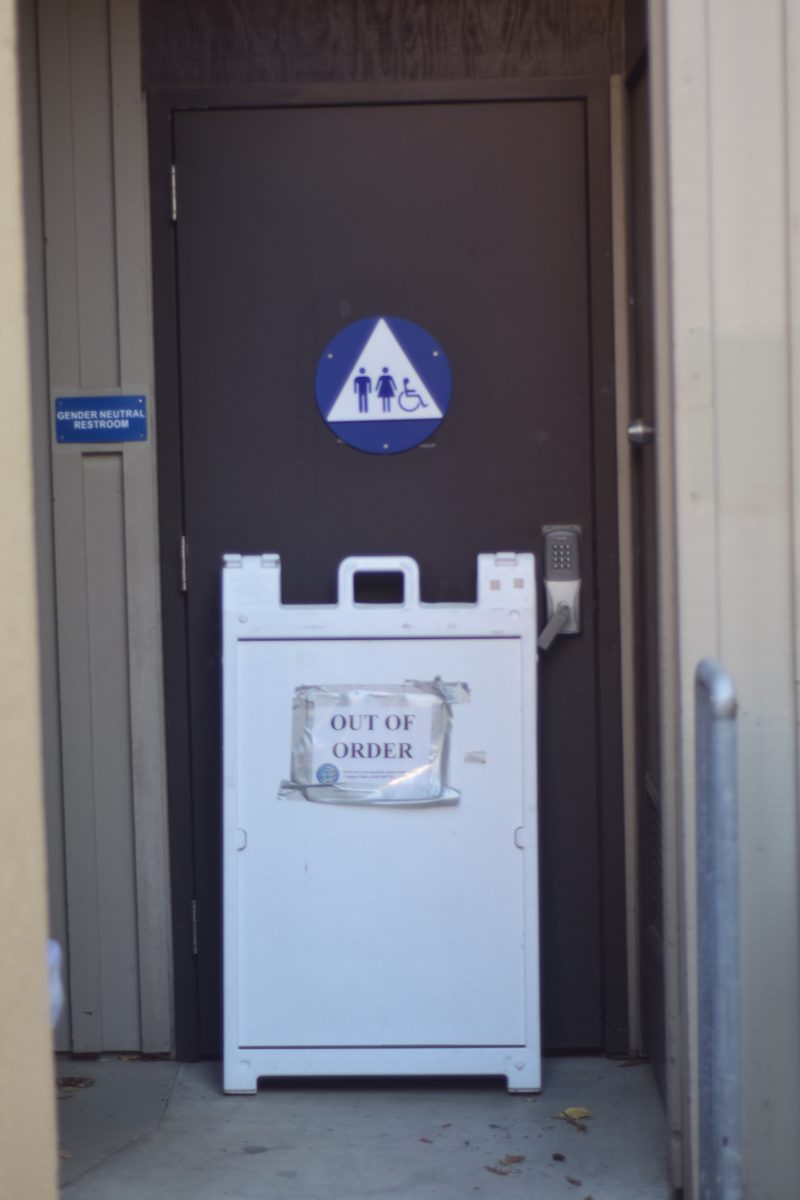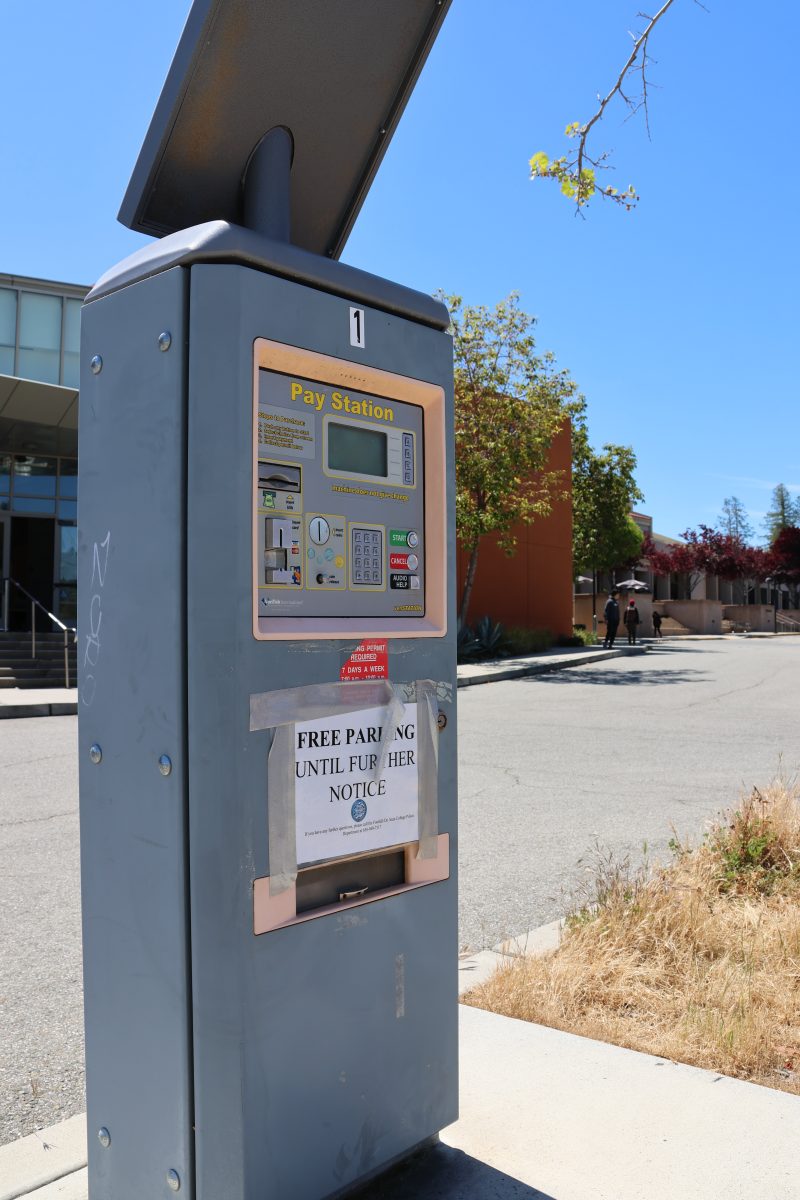Our parents ingrained in our little toddler minds to say, “please,” “thank you” and “sorry” when appropriate. And while there’s truly nothing wrong with that, we have reached the state where we’ve disregarded the meaning of the word.
When I work the register at Jamba Juice, costumers pay with lots of change — rather than bills — and a quick “sorry” as if it wasn’t my job to take their money. Then there’s my friends who were always asking to have some of my homemade chocolate chip cheesecake brownies with a “sorry” mumbled after their request. It got so bad that my Israeli friends concluded, “Americans say ‘sorry’ too much.”
I’m guilty too, I remember saying “sorry” when I asked for a ride home from work and I sometimes catch myself apologizing to my pet cat if I bump into her. Of course my co-workers don’t want to see me biking in the chilly darkness after closing and my cat is a cat. I should be thanking my co-workers for going out of their way for me, not apologizing for not being perfectly convenient for them.
So why do people say “sorry” if they don’t mean it? Well, it is a way to deflect conflict and it keeps the peace. But that may do more harm than good where after a while “sorry” will no longer have any meaning.
The word “sorry” means we are responsible for whatever action prompted the utterance and we are remorseful. Don’t say “sorry” if you’re just being you and are respectfully doing what you wish.
I don’t care what someone pays with, be it dimes, nickels or pennies, as long as they pay. I even understand the need to lighten the wallet load. Wanting to try my What-the-heck-is-that! Neenish Tarts isn’t something to be “sorry” for. We lose personal credibility and degrade the meaning of the word by throwing it out there as a catchall.
If you’ve done something wrong, say you’re sorry, but remember that while you may have compassion and are sympathetic toward others you don’t want to be the person who apologizes when stepped on.








